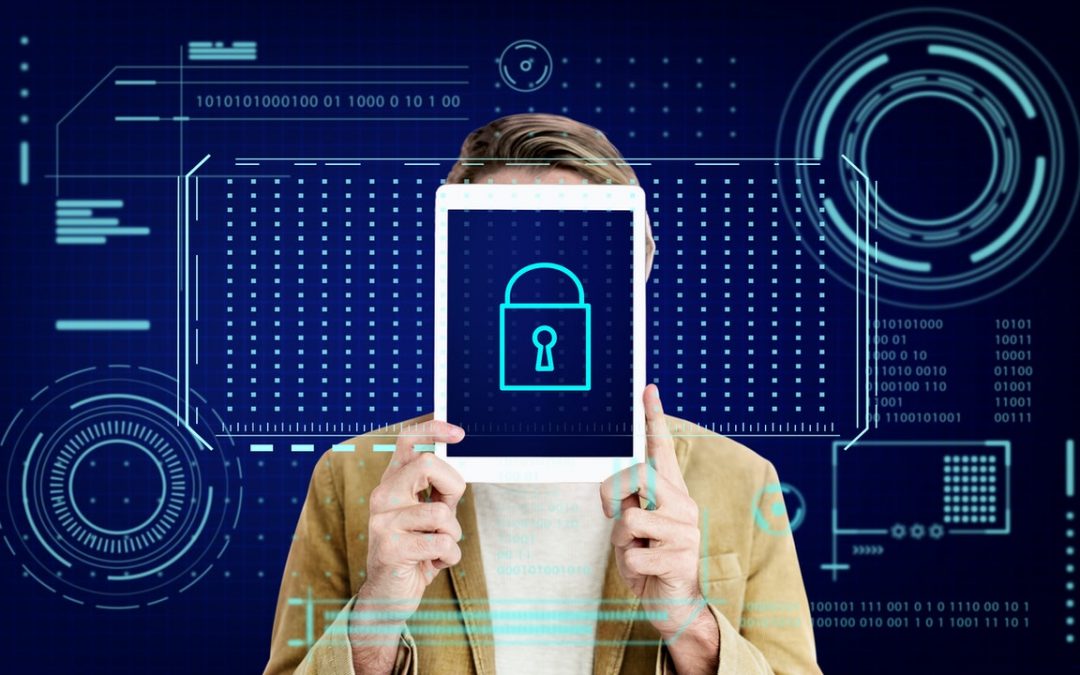What is a VPN?
This Virtual Private Network is like your private mini-internet.
You can access to it, and you alone.
Think it this way: a VPN builds a secure tunnel where your navigational traffic hides inside.
No-one knows what’s going on in there, thanks to its several layers of protection.
They have evolved from that need of people to access remote computer systems, with the same home-network credentials – which it was very hard, at least without tons of cabling.
Now, with the help of this software, you can be “anywhere,” at any time, for a meager price.
- HidemyAss – $9.99/mo (1 Month) – $4.99/mo (12 Months)
- Cyberghost – $12.99/mo (1 Month) – $2.75/mo (18 Months)
- ExpressVPN – $12.95/mo (1 Month) – $8.32/mo (12 Months)
But why should you care about VPNs?
Should You Use a VPN?
Remember, if we say that you can show as being at any part of the world, then this could make you untraceable.
If privacy and anonymity is your thing, then you should use a VPN.
There’s a slight chance that you know this: Internet service providers keep track of you. But they won’t stand a chance if you connect to a VPN (they will see an alternative address).
Even worst, there are ISPSs / shady websites that track your footprints/data to sell it later on.
Last but not least, internet censorship it’s a real thing still in today’s world. Some 3rd-world countries, as China and North Korea, only have “legal” permission to use the platform the government provides (which it’s not great, by the way).
All of these reasons are enough to consider using a VPN.
But before putting severe thinking about it, let’s make sure they do what they promise to do.
Do VPNs even Work?
It depends entirely on what you mean by “work.”
In the first place, you can do a test right now with any I mentioned (or that you choose).
Turn it on and re-direct your internet traffic from your country to the selected replacement.
If there’s any service that is banned initially in your country, then you will notice how the server initially detects the server… And now let you access without a problem.
Don’t worry; this will be encrypted (so your ISP can no longer see where you’ve come from, or where you access to).
Even the best VPNs have hundreds of servers at their command to update the IP address over and over (no time for IP blacklist!).
Okay, all of this still looks dangerous and rebellious.
Is it even legal to use a VPN?
VPNs: Are They Legal?
The answer is: Yes.
You can use them in most countries, just with a few exceptions.
For example, Russia and Iraq forbid its usage (at least of those that aren’t provided by the government). The ban intends to shut down mos anti-censorship “rebellions.”
Funny enough, if you try to use a VPN company that’s not compliant with them, this will be blocked right away… Even before you download their app or enter their website.
Well, you don’t live in any of these two countries.
So, there’s nothing to lose here.
Only one last thing!
VPN Turned On at All Times?
You should keep it turned on as long as you want to enjoy its benefits.
Take into account that at the moment you “turn it off,” your real data will show up once again.
So, keep it active as long as you want to avoid privacy concerns.
Or improve your internet speed.
Or even save money!
What do I mean with all of this?
- Privacy Concerns: Leave it turned on at all times if you’re worried about cyberattacks. VPNs make it hard for hackers to steal and leak your data because it encrypts everything that travels over the network.
- Internet Speed: Did you know that your internet connection can improve if you connect to a nearby VPN server? It works when your current network is congested. But take into account that it can slow it down even more if the speed issue happens for another reason.
- Saving Money: Not many people know about this, but flight/hotel booking sites and gift stores offer drastically different prices, depending on its location.
You can use a VPN to virtually change the address shown to the browser, to any region that serves the best deals!
Of course, not everything is perfect in this world. In contrast, there are more positives than negatives. More pros than cons. Still, there are some drawbacks to be aware of:
A) Untrustworthy VPNs: Do you know what’s scarier than being tracked by your internet service provider? Having your online activity shared with third-parties. Less reputable VPN providers (most of them “FREE”) sell your data… And others just follow the 5/9/14 Eyes Alliance (where it forces them to share your information). RAM-based servers permanently delete your records every time they reboot it.
B) Websites may block VPNs: Netflix and Paypal are on that list from services capable of checking and even blacklisting your IP address (if it matches with one of a well-known VPN server IP). They do this to avoid international scammers.
If all of the benefits result useful enough for you, and they drawbacks don’t affect you much. Then it’s evident that a VPN is a great investment choice.
This first line of defense will bring the protection that you and your family need.
Do you want that – but don’t know where to start? Contact us today!
